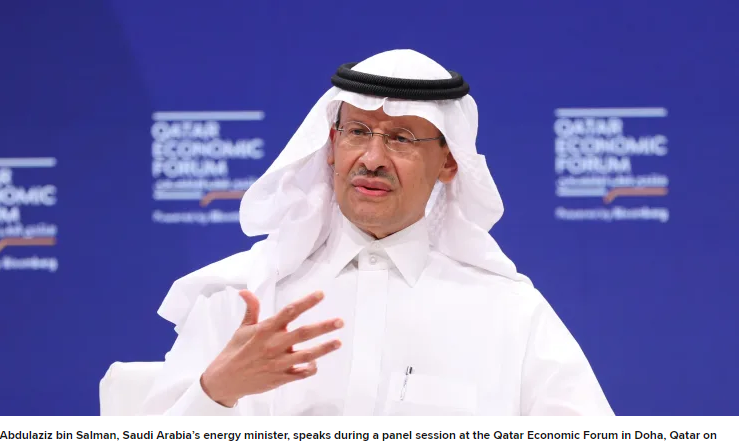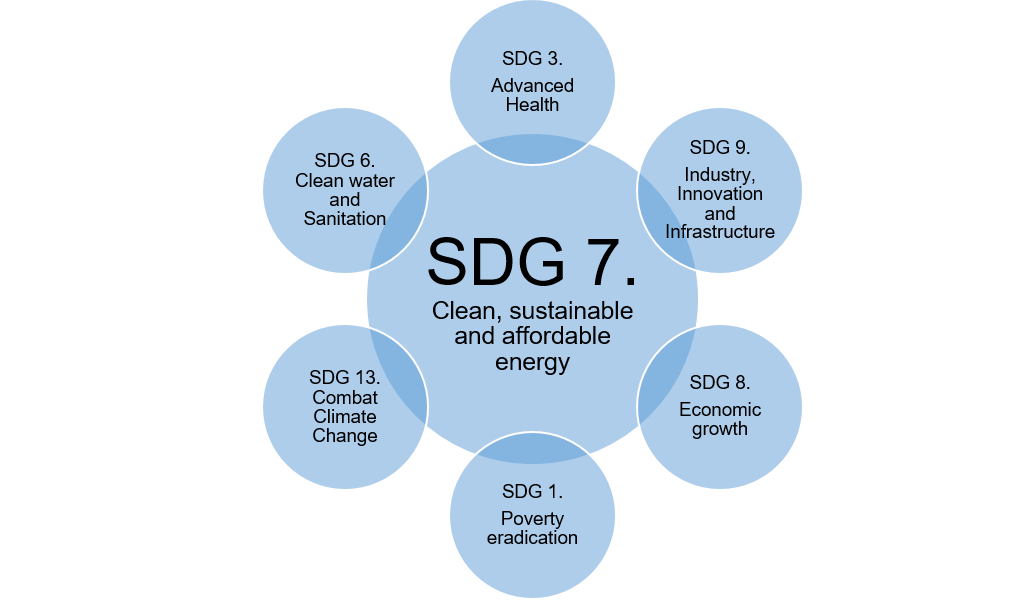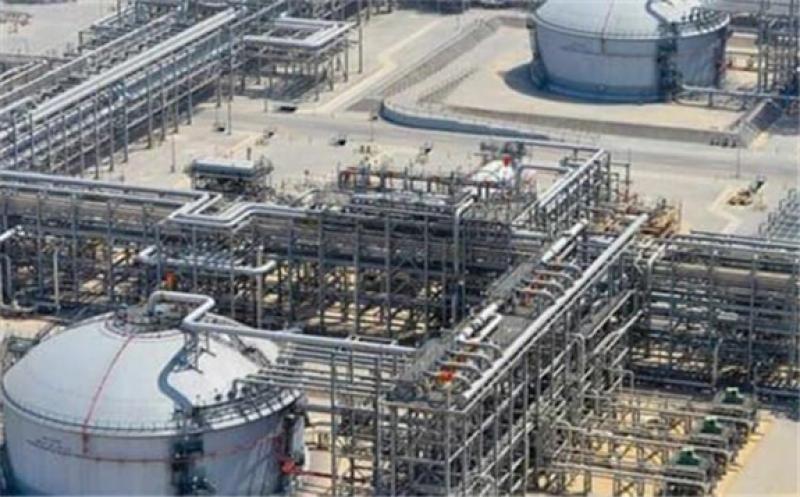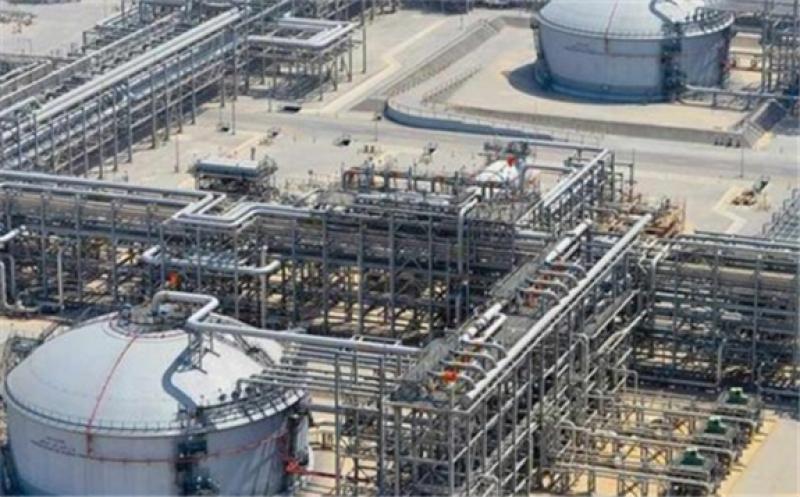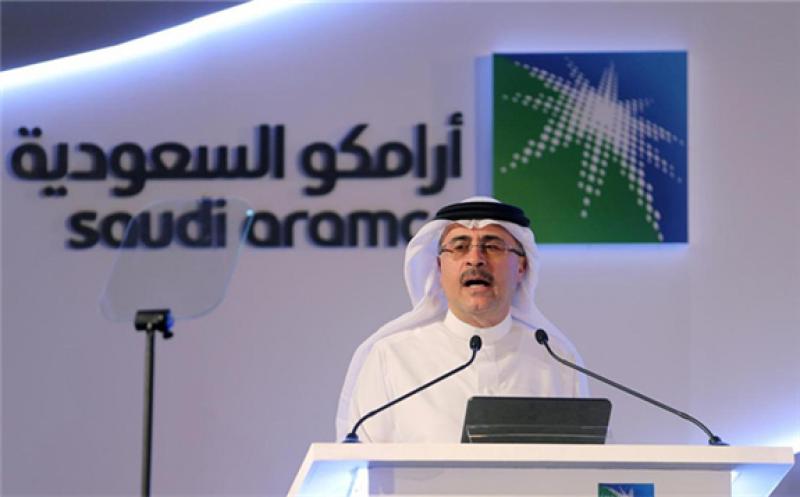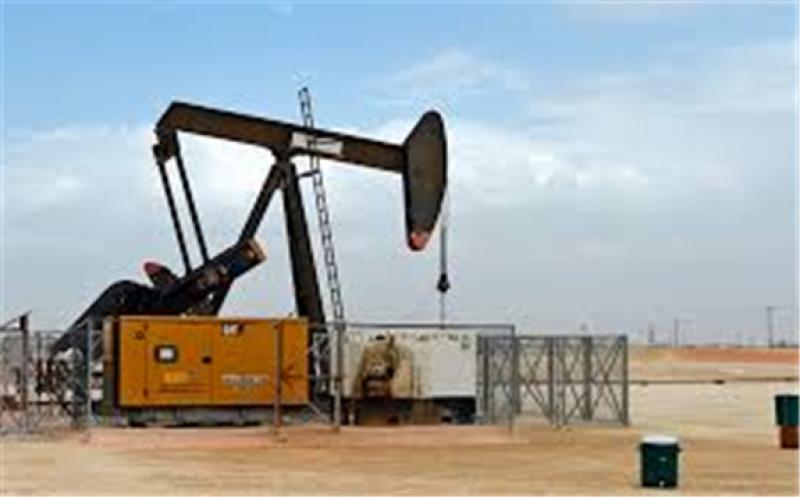Chile’s first energy efficiency law targets initially a 10% reduction in energy intensity by 2030 compared to 2019.
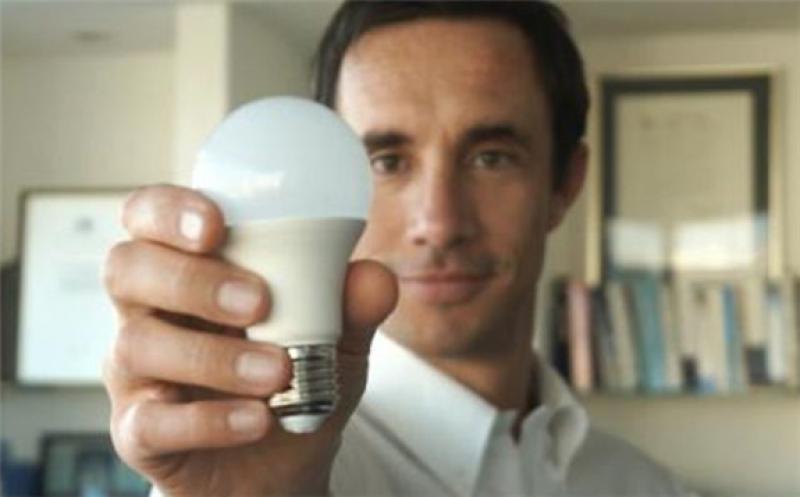 Juan Carlos Jobet, Minister of Energy and Mining, Chile
Juan Carlos Jobet, Minister of Energy and Mining, Chile
The new law, the first of its type in the country’s history, addresses energy efficiency in the three primary energy consumption sectors, residential, public and commercial accounting for almost a quarter, transportation on just over one-third and industry and mining on about 40%.
In terms of the law the Ministry of Energy is required to prepare a national energy efficiency plan every five years. The first plan is required to address the goal of reducing the energy intensity by at least 10% by 2030 compared to 2019. It must also include the goal for consumers with an energy management capacity to achieve an average energy intensity reduction of at least 4% during the period of the plan.
The plan must address as a minimum residential energy efficiency, minimum standards and labeling for products, energy efficiency in buildings and transportation, energy efficiency and smart cities, energy efficiency in the productive sectors and education, and training in energy efficiency.
In addition, the plan must establish short, medium and long term goals, as well as the programmes and actions necessary to achieve those goals.
“For the first time in the history of Chile we have an energy efficiency law, which calls us to make rational and efficient use of our resources and which covers practically all energy consumption in the country,” said Minister of Energy and Mining, Juan Carlos Jobet.
“This is without doubt very good news as it allows us to advance on the path of sustainability, improving the quality of people’s lives, contributing to a cleaner environment and increasing the productivity of our companies.”
Among the provisions of the law, new homes will be required to have an energy efficiency label, similar to those found on electric appliances indicating its energy running costs. Large energy consumers will be required to implement an energy management system and to report annually on their consumption and other indicators.
In the transport sector, efficiency standards will be set for new vehicles to encourage a shift to more efficient vehicles and electric vehicles (EVs) in particular, with incentives for electric, hybrid and other zero emission vehicles. Vehicle importers and representatives will be responsible for compliance.
Regulation also will be introduced on the interoperability of the EV charging system in order to facilitate public access and connection of EVs to the charging network.
The law also declares hydrogen as a fuel and gives the Ministry of Energy powers to regulate it as an energy resource.
The 10% reduction in energy intensity targeted for 2030 should lead to cumulative savings of US$15.2 billion and a reduction of 28.6Mt of CO2.
